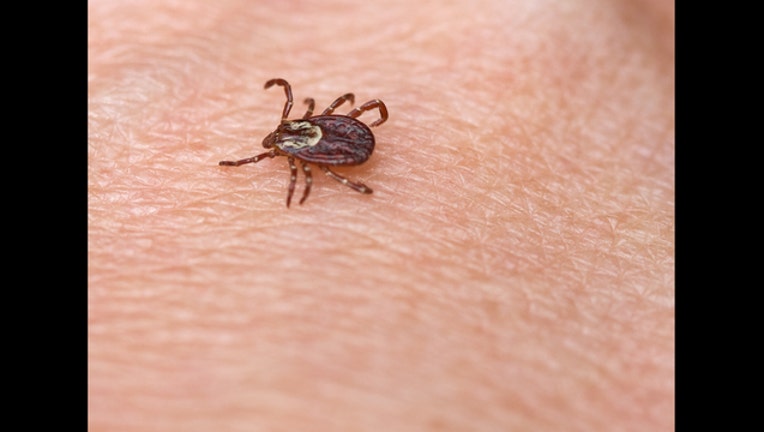Rare tickborne illness kills La Crosse County resident

Photo courtesy of La Crosse County Health Department
(KMSP) - The La Crosse County Heath Department in Wisconsin announced Wednesday a resident died from a rare tickborne illness.
The death is the first of its kind from Rocky Mountain spotted fever (RMSF) in the state of Wisconsin. The disease is rare with only 69 reported cases between 2013 and 2017, the majority of which were reported outside Wisconsin.
The illness is made more unique because of the tick that spread the disease. While more common illnesses like Lyme Disease are spread by blacklegged, or deer ticks, RMSF comes from American dog, or wood ticks.
Symptoms of RMSF include fever, headache, nausea, vomiting, rash and stomach pain, according to Health Department officials. The infection can get serious, however.
Most tickborne illnesses can be treated effectively with antibiotics, so diagnosing the illness early is important. If symptoms develop, the state health department recommends seeing a health care provider.
“We are saddened to learn of this death and encourage Wisconsin residents to take steps to protect themselves and their families from tick bites while enjoying the outdoors,” said Karen McKeown, state health officer.
The Wisconsin Department of Health Services recommends the following precautions to avoid contracting RMSF from wood ticks:
- Use an insect repellent with at least 20 percent DEET or another EPA-registered repellent according to the label instructions.
- Use 0.5 percent permethrin products on clothing, socks, and shoes according to label instructions.
- Stay on trails and avoid walking through tall grasses and brush.
- Wear long sleeves and pants, and tuck pants into socks and shirts into pants to avoid ticks crawling under clothing.
- Check your entire body for ticks after being outdoors.
- Take a shower as soon as possible after coming in from outdoors.
- Place clothes in the dryer on high heat for 10 minutes to kill any ticks on clothing.
- Use a veterinarian-prescribed tick prevention treatment on pets.

